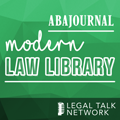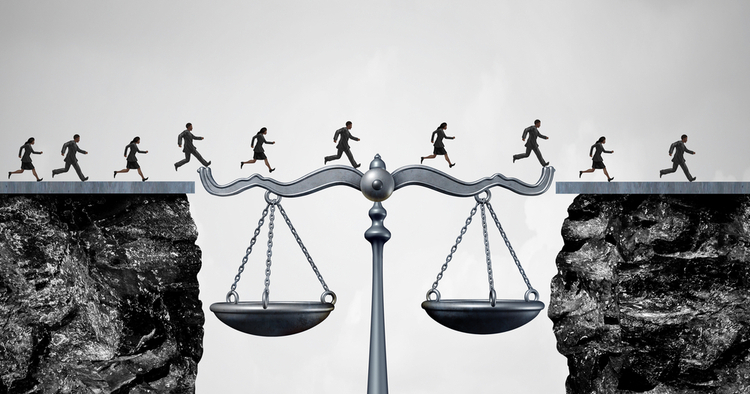Having a hard time connecting with your witness? Try these tips

You're a plaintiffs attorney with a promising tort case, but getting the narrative evidence you need from a particular witness is like squeezing blood from a stone. How can you get through to them and help ensure that your client gets the damages needed for long-term care? The real problem might be that your communication styles are fundamentally different, says author and trial consultant Katherine James.
Properly preparing one’s witness is key to a successful outcome, but lawyers can’t assume that every witness has the same learning style that they do, James says. She provides tools for figuring out communication and learning styles in her book, Harvesting Witnesses’ Stories: How to Get your Client the Second Best Life in the World by Maximizing Human Damages.
In this new episode of the Modern Law Library podcast, James explains to the ABA Journal’s Lee Rawles how she drew from her dual background in the theater and in trial consulting while writing her book. One major connection between the two fields is the necessity of rehearsal, she says. A witness who knows exactly what will happen the day of a deposition and what will be expected of them is a witness who can be relaxed and ready. James goes so far as to have actual hats labeled “Good Lawyer” and “Bad Lawyer” to wear during mock depositions to help witnesses understand the different roles of the plaintiffs attorney and opposing counsel.
In the first half of her book, James relates the tales of 29 different situations that she faced in her consulting work that each illustrate a particular challenge to overcome. Examples include finding a way to help your jury connect with someone whose communication is limited by the injury they suffered, dealing with an unsympathetic witness, deciding whether to accept a case from someone you know socially, and explaining to a naturally chatty witness how to limit their answers to just what was asked.
A central premise of Harnessing Witnesses’ Stories is that every one of a witness’s stories is important. Going in with preconceived narratives can place your case in jeopardy, James warns. She relates a story told early on in her book about how getting a family to open up about their lost relative made an attorney realize he had to settle the case at once, rather than going to trial.
There is no one-size-fits-all approach to elicit the stories you need to present your best case. But in the second half of her book, James outlines a number of tools and techniques that can be tailored to you and to your witness. Notations in the first half of the book help readers easily cross-reference the approaches that James describes with the tools and techniques she then lays out in detail.
While geared toward helping plaintiffs attorneys in tort cases, the techniques outlined in the book about matching your communication style to your listener’s can be more broadly applied to people’s personal and work lives. In this podcast, James shares some of her war stories from her many years as a trial consultant and offers advice to listeners about how her book can be most useful to them.

Apple | Spotify | Google Play
In This Podcast:

Katherine James
A trial consultant who specializes in live communication skills based in the discipline of theater, Katherine James has been working to make attorneys and witnesses better courtroom communicators since 1977. She is a co-founder of the company Act of Communication, through which more than 40,000 attorneys have taken workshops that she developed with her husband and co-founder, Alan Blumenfeld. She has helped take more than 2,500 matters to trial and helped prepare thousands of witnesses. She is a member of the American Society of Trial Consultants. She is an active theater artist who performs and directs regularly. Her book, Harvesting Witnesses’ Stories: How to Get your Client the Second Best Life in the World by Maximizing Human Damages, was published in 2020 by the AAJ Press.



